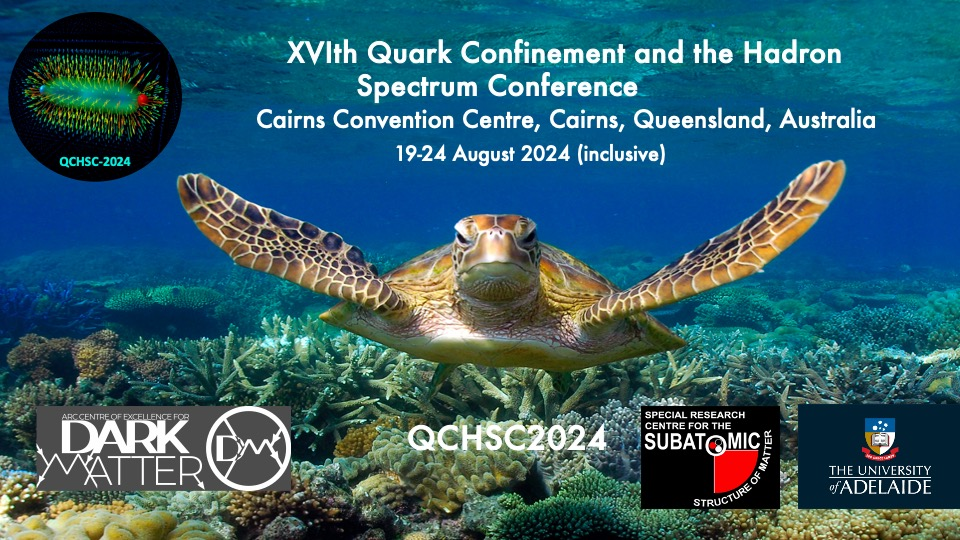Speaker
Description
The BESIII experiment locates at the BEPCII $e^+e^-$ collider in Beijing, China, running in a center-of-mass energy range from 1.84 GeV to 4.95 GeV. After 15 years of successful running of the experiment since 2009, BESIII has accumulated more than 50 fb$^{-1}$ of electron-positron annihilation data, which include 10 billions J/ψ events, 2.7 billions ψ(2S) events, 20 fb$^{-1}$ $D\bar{D}$ samples at ψ(3770) peak and 6.4 fb$^{-1}$ data above $\Lambda_c^+\bar{\Lambda}_c^-$ threshold. From these samples, BESIII has produced many world-leading results in the (exotic) hadron spectroscopy, charmed meson and baryon decays, light baryon and meson decay properties, as well as baryon pair near-threshold productions. To extract intermediate states in multi-particle final states from hadron decays, BESIII develops advanced amplitude analysis tools to carry out multi-dimensional likelihood fits to data with a large set of fitting parameters. Furthermore, to improve detection efficiency and identify rare decay process, several machine learning techniques are deployed in offline reconstruction, detector simulations and physics analysis. In this talk, we will report the progress of implementation of these statistical tools at BESIII.
